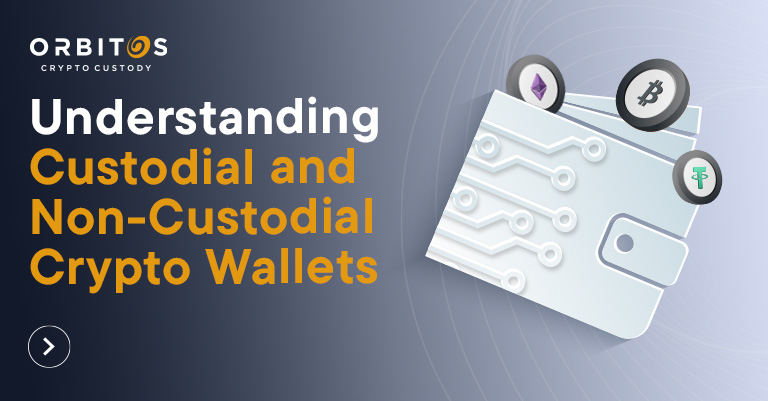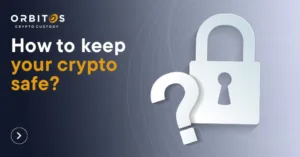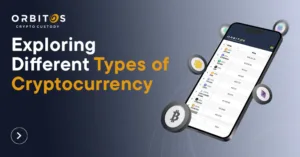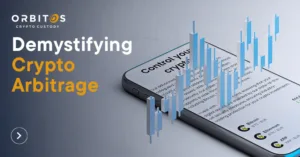A cryptocurrency wallet is a software product or physical device that stores public and private keys. The term itself is used metaphorically, as this type of wallet is different from what we are used to. By scanning the public ledger, cryptocurrency wallets show your address balances, allowing you to perform various operations: send, receive, and store cryptocurrencies.
- Send. After selecting the desired cryptocurrency shipment and specifying the corresponding wallet address, you can send funds to others. It is important to be aware that the same asset exists on many blockchains, some of which require different metadata, such as memo notes.
- Receive. To receive funds, use the “generate address” function in your wallet. You will receive a link or QR code that you can share with others.
- Store. Cryptocurrency wallets are divided into two groups – hot and cold wallets. A hot wallet is any wallet connected to the internet that is extremely simple and convenient to use. However, they are also more vulnerable to hackers, so it is recommended not to store large amounts in them. For security, cold wallets are a great option, more suitable for experienced or high-net-worth investors due to their more complex usage.
Understanding Custodial Wallets
A custodial wallet is a type of wallet that is managed by a third party, so the user does not have control over their private keys. Since the essence of cryptocurrency lies in full control and ownership of your money, using a custodial wallet entrusts the security of your funds to another individual or entity. Seeking complete security, it is important to analyze responsibly and properly choose a reliable custodial wallet provider. According to a positive customer experience, one of the best crypto custody providers is “Orbitos”. This platform ensures safe and efficient transactions and simplifies your crypto asset management.
Pros and Cons of Custodial Wallets
Custodial wallets are characterized by their extreme user-friendliness and ease of setup. Therefore, the interface does not require advanced technical knowledge to manage the account. Also, after losing or forgetting the password, full account recovery may be possible. Despite that, it is important to know that the user does not have full control, and the security is up to the wallet service provider.
Exploring Non-Custodial Wallets
Comparing custodial vs non custodial wallet, the latter (otherwise known as self-custody wallet) gives the user complete responsibility for managing their funds: crypto holdings, private key, and transactions. Non-custodial wallets can take various forms – browser-based wallets (allowing users to enter their private key and initiate transactions), mobile wallets, and hardware wallets (managed offline). In addition, they act as a backup in case you lose access to your original device. As well as custodial exchange, it allows users to buy or sell cryptocurrencies.
Advantages and Limitations of Non-Custodial Wallets
Considering the value of a non custodial wallet, it emphasizes that the user has absolute control over their crypto holdings. By ensuring that private keys are held offline, the risk of theft is reduced. Also, by interacting directly with blockchains, engagement in decentralized applications and cryptocurrency transfers is extremely successful. Nevertheless, pleasant threats lurked nearby. For instance, if the user loses his private keys or seed phrase, he also loses access to his funds.
Security Considerations
Security is paramount when choosing a wallet provider in the cryptocurrency space. Here’s why it’s crucial, and what are the key factors to consider:
- Encryption. Encryption is essential for protecting sensitive data, such as private keys, from unauthorized access. A reputable wallet provider encrypts user data both at rest and in transit using strong cryptographic algorithms. This ensures that even if the data is compromised, it remains unintelligible to unauthorized parties.
- Multi-signature support. Multi-signature technology adds an extra layer of security by requiring multiple private keys to authorize a transaction. This reduces the risk of a single point of failure and protects against insider threats or compromised devices. A wallet provider that supports multi-signature enhances the security of users’ funds.
- Reputation. Reputation is a critical factor in assessing the security of a wallet provider. Choose a provider with a proven track record of security and reliability in the industry. Look for reviews, ratings, and feedback from other users to gauge the provider’s reputation and trustworthiness.
Factors to Consider When Choosing a Wallet
When choosing the best wallet solution, it is important to pay attention to several factors that will ensure a successful and efficient cryptocurrency experience.
- Security. Full encryption, two-factor authentication (2FA), and biometric access are some of the key features that secure wallets should feature.
- Supported cryptocurrencies. Use wallets that accept the specific cryptocurrencies and tokens you intend to store and manage.
- User-friendly interface. The more user-friendly wallet, the simpler process of managing digital assets and carrying out transactions will be.
- Backup and recovery. To protect assets from possible threats, it is recommended to choose wallets with reliable solutions for backup and recovery.
- Device compatibility. Choose a wallet that is easily accessible from any device: phone, tablet, or desktop.
- Reputation and trustworthiness. Before choosing a provider, read the reviews of other users.
When investing in cryptocurrencies, decide whether you want to control everything yourself or entrust it to third parties, but be aware of the possible dangers. Prioritize safety first. However, if you’re unsure which path to choose, we’re here to help. Feel free to contact us – “Orbitos”, your trusted partners.




